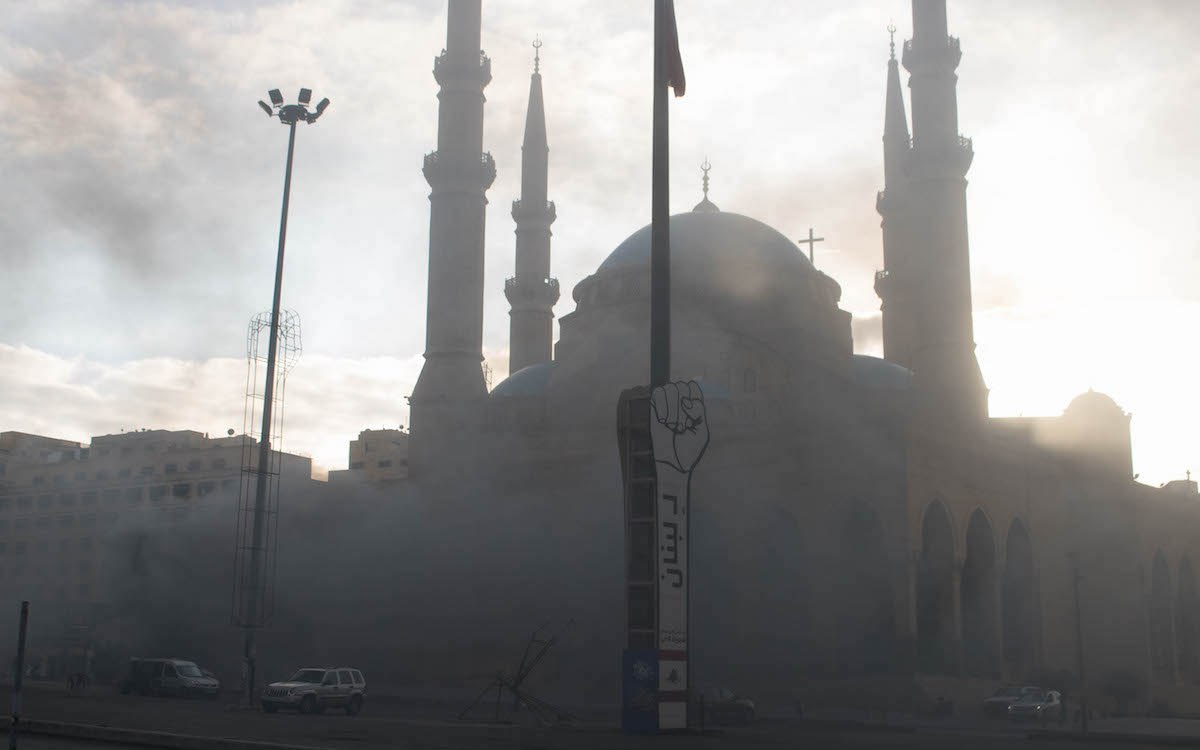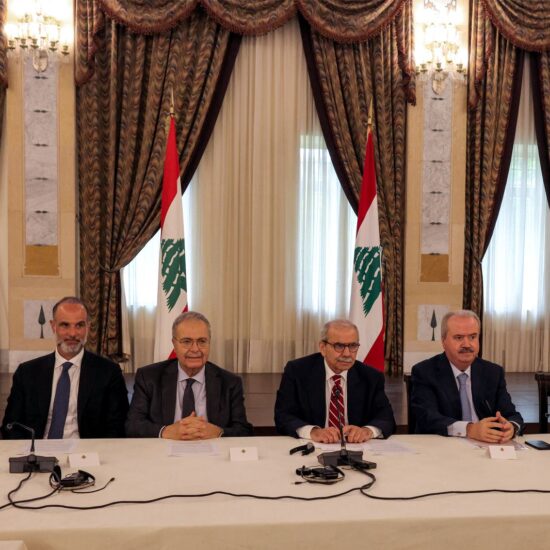
With the new year just around the corner, Lebanon is entering 2023 in close to the same, if not worse, situation that it was in when 2022 began. The country remains plagued with a continuously worsening economic crisis, extreme inflation and, now, with the added bonus of a political vacuum that has only served to add to the country’s woes.
The economic crisis: At the start of 2022, the lira was valued at around 27,600 to $1. It has significantly worsened since then, reaching all-time lows of nearly 48,000 to $1 and being valued, as of writing, 43,000 to $1.
- The value of the lira is almost guaranteed to worsen in the coming year as the Lebanese government has continued to fail at passing any of the reforms required by the International Monetary Fund (IMF) that would unlock billions of dollars in loans and aid and provide a desperately needed lifeline for the ailing country.
Rising inflation: As the value of the lira has dropped, prices have risen drastically throughout the country, with Lebanon seeing inflation rise by 186.4 percent in just the first 10 months of 2022.
- Just as the lira’s value is expected to worsen, so is inflation. The current official exchange rate of 1,500 to $1, which has been meaningless since the start of the economic crisis in 2019, is set to be raised to 15,000 in February 2023.
- This rise in the official exchange rate, while significantly lower than that of the black market rate, will, for a short window of time, give many in Lebanon more spending power. But this will quickly be overtaken by the market reacting to the new exchange rate and the increase in lira in circulation.
- After the short window closes, the rate will sharply increase along with inflation and, by extension, prices, once again making many basic goods unaffordable to the vast majority of the country.
Filling the void: In addition to entering 2023 with a battered economy, Lebanon is also starting the new year with no president and no government after caretaker Prime Minister Najib Mikati failed to form a government before President Michel Aoun’s term as president ended on October 31.
- Parliament has attempted to elect a president 10 times so far and has failed at each attempt, with no candidate getting close to receiving the two-thirds majority support required in the first round of voting to become president.
- The main candidate supported by the opposition is Michel Moawad, often receiving close to 40 votes, but given the split amongst the newly elected “change” MPs and the lack of cohesion within the opposition, even without Hezbollah’s backing, Moawad’s candidacy has been largely doomed from the start.
- Hezbollah, whose support is widely viewed as an unofficial requirement before a candidate can be elected, has so far refused to name a candidate in the election, instead choosing to cast blank ballots.
- This is believed to be because there is disagreement within the Hezbollah-aligned bloc as to who they should back. The issues stand namely with Gebran Bassil, Aoun’s son-in-law and head of the Free Patriotic Movement, who refuses to support Sleiman Frangieh, Hezbollah’s rumored preferred candidate, or army commander Joseph Aoun, the man many argue will likely be the consensus candidate that will eventually be elected president, as Bassil has his own presidential aspirations.
- Parliament is currently on break for the holidays and new year, but even when Parliamentary Speaker Nabih Berri calls for another special electoral session, few expect there to be different results until Joseph Aoun can give Hezbollah the necessary guarantees that he will not interfere in their affairs so that he can officially be named and backed as a candidate, something that could take a prolonged period of time.
In short: Lebanon is in the midst of multiple crises, both political and economic, and this is a situation that is not going to change any time soon. There is a lack of will by Lebanon’s politicians to work together to elect a new president and, as the country enters its fourth year of economic crisis, there is no interest in passing and implementing the reforms that would help to begin the process of ending the crisis.
Nicholas Frakes is a multimedia journalist with @NOW_leb. He tweets @nicfrakesjourno.








